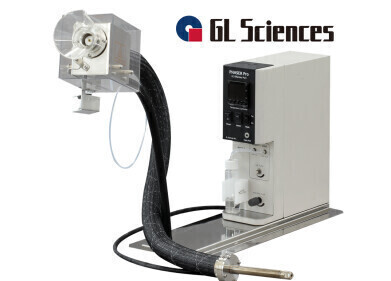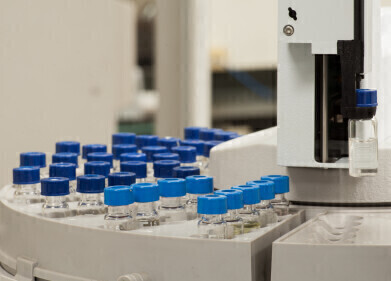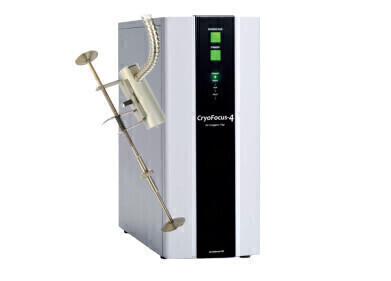GC, MDGC
Chromatography Analytics Discovers Fracking Fluids in Pennsylvania Well Water
May 12 2015
The controversial practice of hydraulic fracturing – better known as fracking – suffered perhaps its biggest setback to date with the news that the harmful fluids used in the process have been discovered in local water supplies.
The alleged leak was situated in well water near a shale gas drilling site in southeast Bradford County, Pennsylvania. The drilling and fracking took place back in 2009 and 2010, and since then there has been a history of contamination and litigation – but this week heralds one of the first scientifically-documented instances of contamination using the ultra-sensitive and highly-accurate process of chromatography.
A Series of Contaminated Events
In 2009, a gas company drilled two wells at five different locations around a mile north of a small branch of a stream named Sugar Run, from which at least three families in the area draw their water supplies. A drilling fluid leak occurred during construction, and there were also unacceptable levels of annular pressure (pressure in the cavity between the casing and the well bore) at wells three and four.
Even more concerningly, it was found that the company had neglected to install casing for the majority of the well’s length. From 0-300m and from 2,100-2,300m they used steel piping and cement to insulate the well and prevent leakage. In between those depths (a total length of 1,800m!) they did not install any casing whatsoever.
Unsurprisingly, leaks began to happen. In July of the following year, three separate houses found natural gas in their wells, which by this time had begun foaming white. A temporary evacuation of one of the houses was also ordered after a natural gas vapour was detected in their basement.
The company installed replacement wells, which too became contaminated. They then installed water treatment systems in each of the houses. After a protracted legal battle, the houses won a civil law suit against the company in 2012. This didn’t obstruct the company from continuing to frack in the other wells, however.
Chromatography Finds more than just Natural Gas
During all previous investigations by the Pennsylvania Department of Environmental Protection (PADEP), only methane had been found in the wells – not fracking contaminants, which would have been far more serious. However, a new team of environmental researchers decided to test the well water again this year, using a more sensitive method – chromatography.
Chromatography has long been used to search for contaminants in water supplies; for example, it is instrumental in the targeted and non-targeted analysis of contaminants in storm water retention ponds, among other applications. This is because it has a unique ability to break down a compound into its various components, making them easier to identify.
By combining gas chromatography with mass spectrometry (GC-MS), the researchers led by Garth Llewellyn and Frank Dorman were able to discern trace amounts of a chemical compound known as 2-n-Butoxyethanol in the water. This indicates the strongest scientific evidence to date that fracking fluids were able to escape into water supplies – which could be dire news for the future of the industry, since such contamination would make it an unfeasible and unsafe practice to invest in.
To read more about the team’s findings, check out the full report in Proceedings of the National Academy of Sciences.
Digital Edition
Chromatography Today - Buyers' Guide 2022
October 2023
In This Edition Modern & Practical Applications - Accelerating ADC Development with Mass Spectrometry - Implementing High-Resolution Ion Mobility into Peptide Mapping Workflows Chromatogr...
View all digital editions
Events
Apr 28 2024 Montreal, Quebec, Canada
May 05 2024 Seville, Spain
May 15 2024 Birmingham, UK
May 19 2024 Brno, Czech Republic
May 21 2024 Lagos, Nigeria














